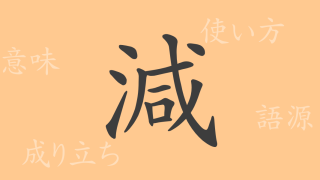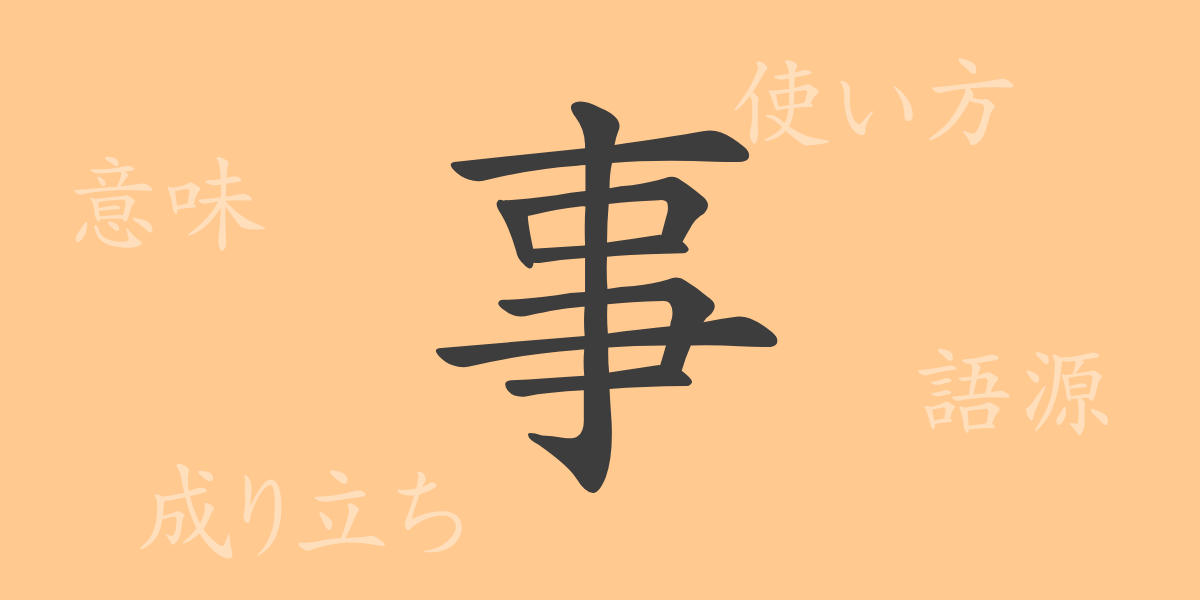The rich world of Japanese expression relies heavily on common kanji characters. Among these, “事(こと)” stands out as an essential character used widely from daily conversations to business contexts and literature. This article delves into the allure of “事(こと)” by exploring its origins, meanings, usage, and its role in Japanese culture.
Origins of 事(こと) (Etymology)
The kanji “事(こと)” traces its origins back to ancient Chinese oracle bone script. Originally written as “亊(こと),” it symbolically represented the act of conducting rituals. Over time, the term for ritual events evolved to refer to general matters, eventually taking the current form of “事(こと).” This evolution highlights how kanji are not mere symbols but living words reflecting culture and history.
Meanings and Usage of 事(こと)
The kanji “事(こと)” carries meanings such as “thing,” “matter,” and “event.” It is used to indicate specific occurrences or abstract concepts and has a wide range of nuances depending on the context. “事(こと)” functions both as a noun and a verb, appearing in numerous compounds and idiomatic expressions.
Readings, Stroke Count, and Radical of 事(こと)
The kanji “事(こと)” encompasses fundamental elements crucial for learning Japanese.
- Readings: The on’yomi (音読み) is “ジ,” and the kun’yomi (訓読み) is “こと.”
- Stroke count: The kanji “事(こと)” has 8 strokes.
- Radical: The radical is “亅(けん).”
Idioms, Phrases, and Proverbs Using 事(こと)
The kanji “事(こと)” is featured in a wealth of idioms, phrases, and proverbs in Japanese. For instance, “事実(じじつ)” means “fact,” “事情(じじょう)” refers to the circumstances or background of a matter, and “事業(じぎょう)” denotes a business or enterprise. A proverb like “事実は小説よりも奇なり(じじつはしょうせつよりもきなり)” expresses the idea that real-life events are often stranger than fiction. These expressions showcase the depth of Japanese language.
Conclusion on 事(こと)
As demonstrated, “事(こと)” represents a multifaceted aspect of Japanese language. Understanding the diverse meanings and usages of this single kanji provides insight into the culture and philosophy behind the words. In both everyday life and business contexts, mastering the correct usage of “事(こと)” is crucial for enhancing communication quality. Through this article, we hope to deepen your understanding of “事(こと)” and inspire richer Japanese expression.

























